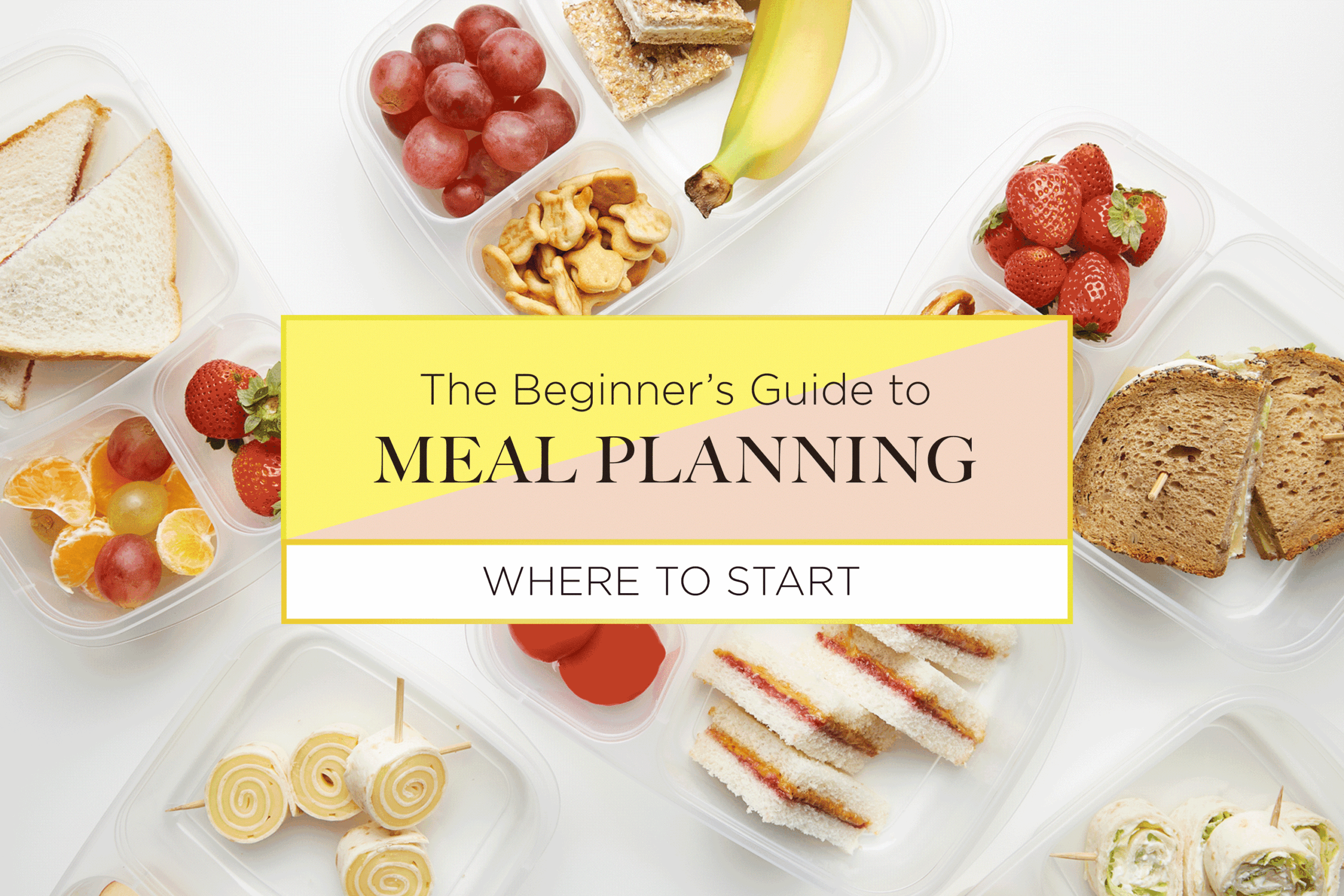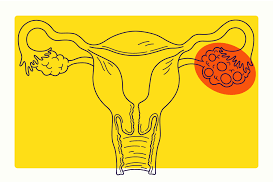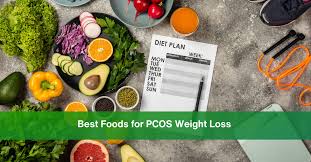Guide to Effective Meal Planning
In today’s economic climate, optimizing time and resources has become crucial, with meal planning emerging as a key strategy to structure daily life efficiently, minimize waste, and create delicious meals within budget constraints.
Nigerian households often practice bulk-buying, cooking in batches, and storing food to manage resources effectively.
Benefits of Meal Planning
Meal planning offers numerous advantages, such as saving money, reducing food waste, and ensuring balanced nutrition.
By understanding dietary needs, setting a budget, planning meals in advance, creating a shopping list, considering batch cooking, and staying flexible, individuals and families can streamline their meal preparation process.

Understanding Dietary Needs
Before embarking on meal planning, it’s essential to consider personal food preferences and any dietary restrictions within the household.
Tailoring meals to accommodate specific health conditions like diabetes or catering to children’s nutritional requirements ensures a well-rounded and healthy diet.
Setting a Budget
Establishing a realistic budget aligned with income and expenses is crucial for effective meal planning. Allocating funds for groceries, dining out, and occasional treats helps maintain financial discipline.
Researching local market prices enables better budget management and informed purchasing decisions.
Making Meal Plans Ahead of Time
Dedicating time to plan meals for the upcoming week or month is key to successful meal planning.
Drawing inspiration from online resources like recipe websites, health meal plans, and cooking apps ensures variety and nutritional balance in meal choices.

Creating a Grocery Shopping List
Compiling a detailed shopping list based on planned meals and checking pantry and fridge inventory minimizes unnecessary purchases and promotes cost-effective shopping.
Adhering to the shopping list while at the store prevents impulse buying and helps stay within budget limits.
Consider Batch Cooking and Meal Prep
Efficient meal preparation involves batch cooking staple ingredients and portioning out meals for easy storage and reheating.
Designating a specific day for meal prep enhances time management and simplifies weekday cooking.

Be Flexible and Creative
Maintaining flexibility in meal planning allows for adjustments based on ingredient availability and budget constraints.
Utilizing leftovers creatively reduces food waste and maximizes resources. Adapting recipes and making substitutions as needed ensures practical and sustainable meal planning.
Keeping Track and Re-assessing
Regularly monitoring food expenses against the budget and evaluating the meal plan’s effectiveness in terms of savings, nutrition, and satisfaction is essential.
Adjusting the meal plan based on feedback and changing preferences ensures continuous improvement and optimization.
By implementing these practical tips and strategies, individuals and families can master the art of meal planning, saving money without compromising on taste or quality.
Embracing a structured and cost-effective approach to meal planning enhances organization and efficiency in daily food preparation routines.
Start your meal planning journey today and reap the benefits of a well-managed and enjoyable culinary experience.
Here are 3 frequently asked questions about meal planning, along with relevant reference links:
What are the benefits of meal planning?
Meal planning offers numerous benefits, such as:
- Saving time by avoiding the stress of deciding what to cook and having ingredients readily available.
- Promoting healthier choices and balanced nutrition by consciously selecting nutrient-dense foods.
- Saving money by purchasing only required ingredients, avoiding food waste, and reducing dining out expenses13
What factors should be considered when meal planning?
Key factors to consider when meal planning include:
- Age and nutritional needs of family members.
- Occupations and activity levels of family members2
- Health conditions that require dietary modifications.
- Size of the family and quantity of meals needed.
- Seasonal availability and cost of ingredients25
- Time available for meal preparation.
What are some guidelines for effective meal planning?
Useful guidelines for successful meal planning include:
- Ensuring meals contain all necessary food groups and nutrients
- Catering to the preferences and dietary needs of all family members
- Varying meals to prevent monotony and provide a diverse array of nutrients
- Utilizing in-season ingredients for optimal freshness and cost-effectiveness.
- Planning meals in advance to save time and money.
By following these guidelines and considering key factors, individuals and families can optimize the benefits of meal planning to save time, money, and promote healthier eating habits.
The references provide additional details on the importance and strategies for effective meal planning.















Leave a Reply